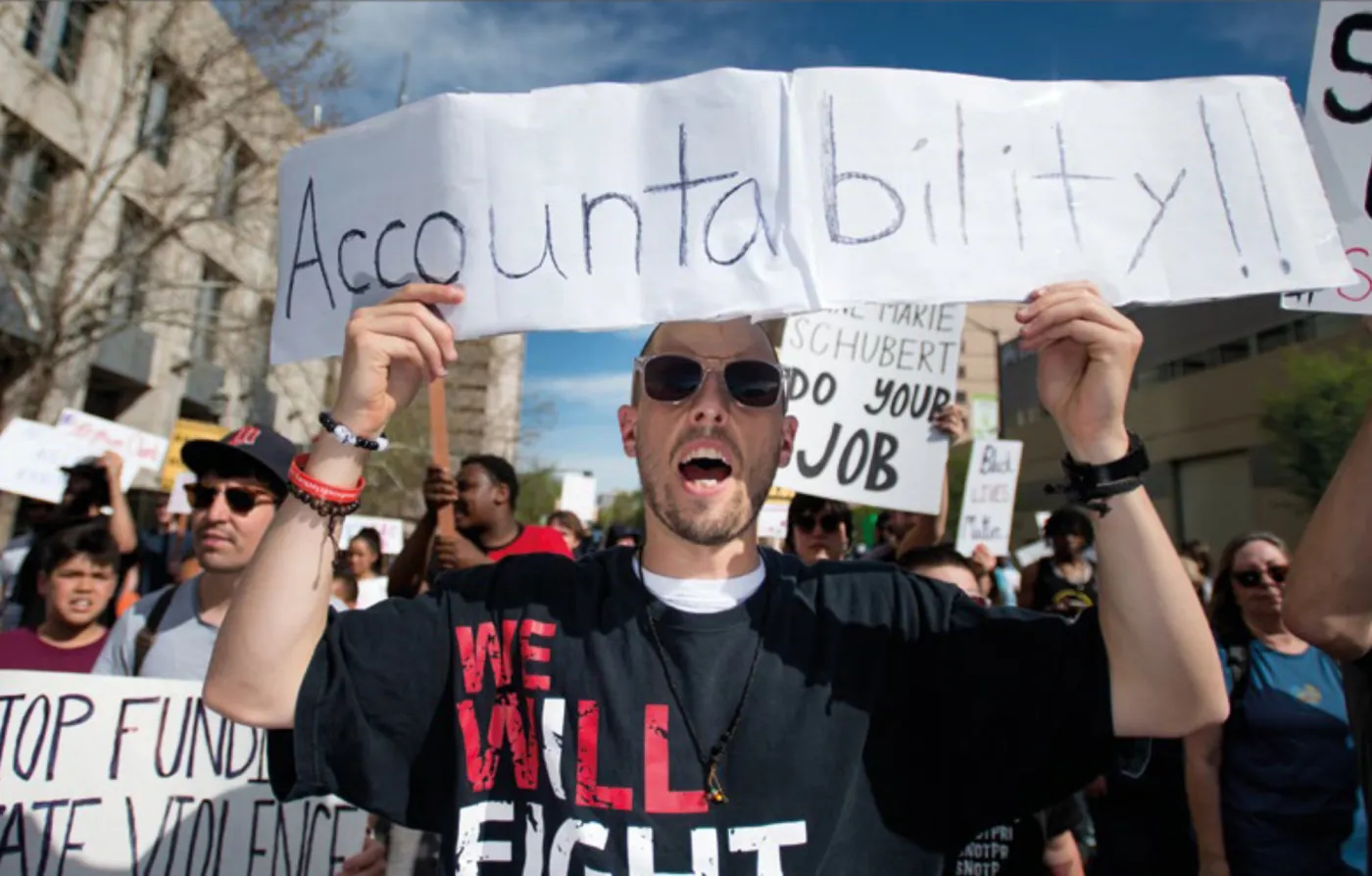The rule of law and accountability for human rights violations are critical for prevention of violations, conflict, and violence, the building and sustaining of peace, and achievement of inclusive development. The costs of lawlessness are starkly evident across the world: in failures of justice and impunity for crimes, conflict over unaddressed grievances, and oppressive, unaccountable rule. We need governance systems in which all duty bearers, institutions and entities, public or private, are accountable to laws that are publicly promulgated, equally enforced, independently adjudicated, and consistent with international human rights norms and standards.
All countries face challenges in meeting these standards. There are persistent gaps in access to justice, especially for those subjected to discrimination, while much still needs to be done to ensure the justiciability of economic, social and cultural rights.
Many public decision-making processes remain opaque and non-participatory, hindering people’s ability to demand and secure accountability. Much still needs to be done to ensure that economic, social and cultural rights can be legally claimed and adjudicated. Corruption is a key risk across the board, including in judiciary and law enforcement institutions. The need for vigilance is heightened further by the decision of some States to combat insecurity or terrorism by measures that violate human rights and challenge international standards, including the absolute prohibition of torture and restrictions on use of the death penalty. These measures have proved to be counter-productive and need to be countered.
We will continue to work with our partners to strengthen the rule of law and accountability for human rights violations in the context of law enforcement and justice systems, and will pay added attention to those violations which have been traditionally disregarded, such as those relating to economic, social and cultural rights and gender-related crimes. We will move beyond traditional judicial accountability and seek to create conditions in which people can meaningfully shape or challenge policy decisions that affect their lives, as an element of ensuring accountability and good governance. We will work within the United Nations system to ensure that its commitments to secure accountability and strengthen the rule of law are properly coordinated and supported.

